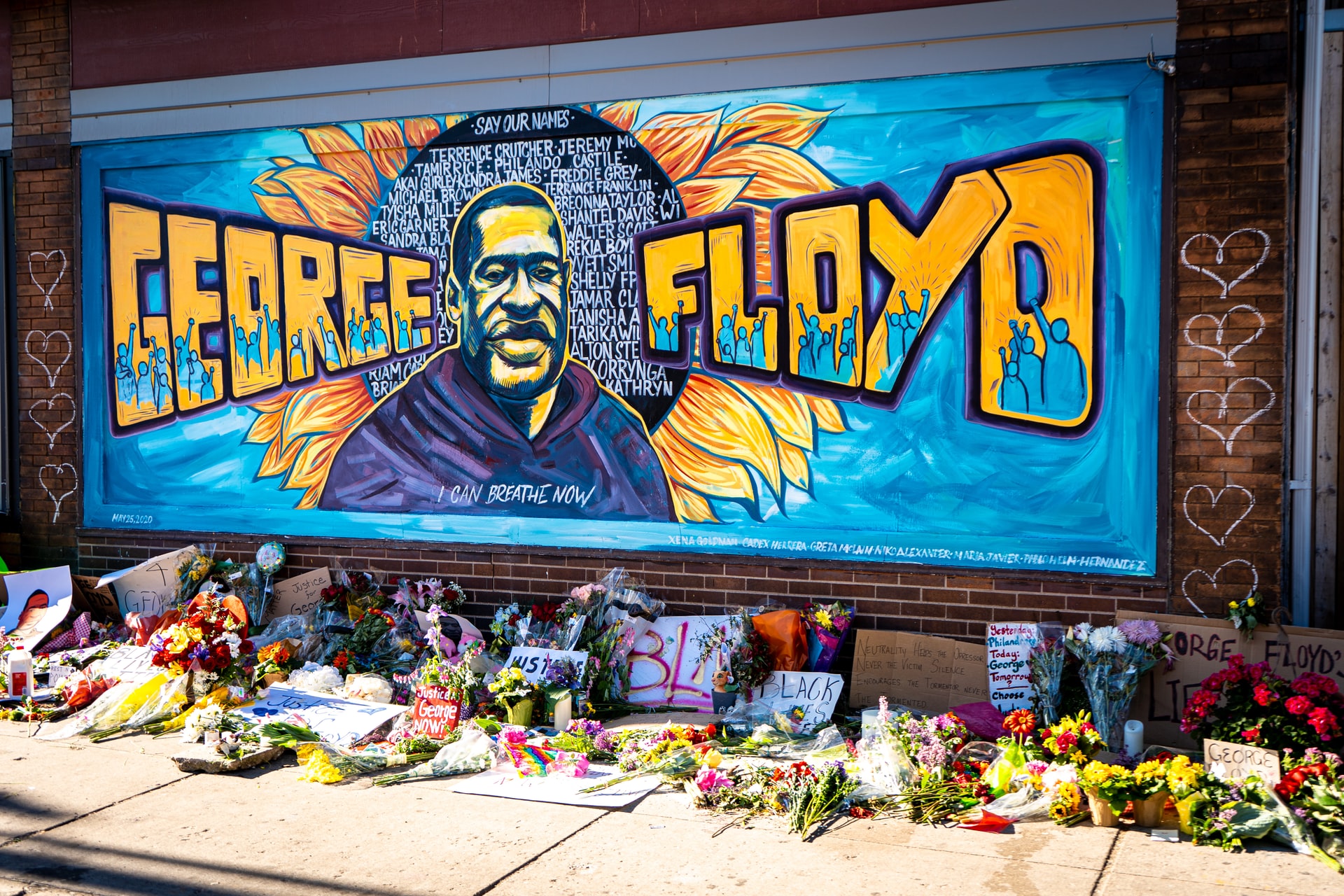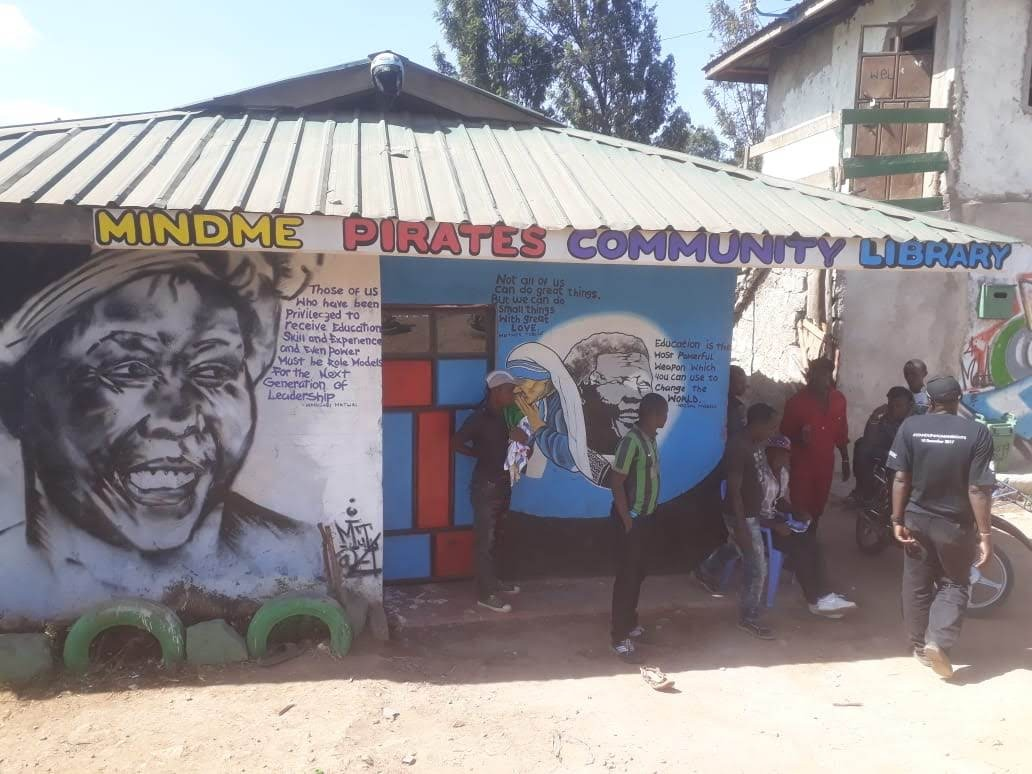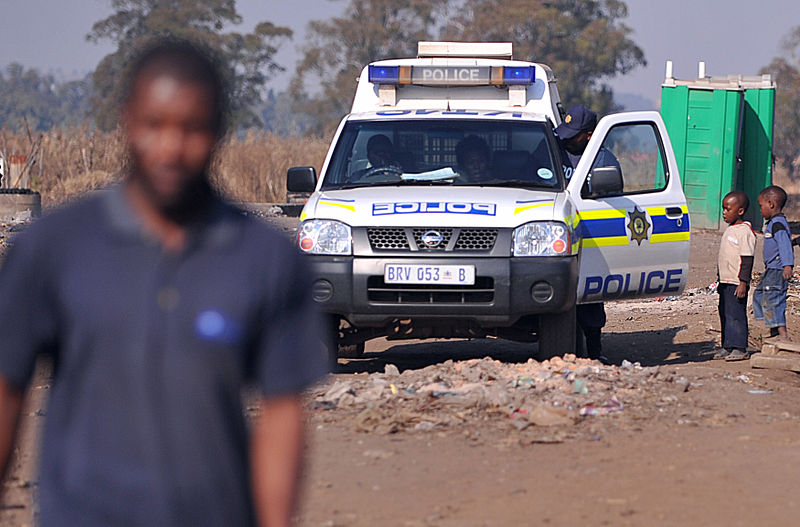On 25 May, George Floyd – a handcuffed and unarmed Black man – was killed by white police officer Derek Chauvin, who knelt on his neck. His death was yet more devastating evidence of the racism that continues to structure lethal police violence in the United States. In the wake of his death and amidst the protests that have followed, there have been a series of powerful commentaries that put this violence in context, highlighting the systemic nature of lethal police and civilian violence against Black people. Here, we highlight a few of these resources. They serve as a reminder that, in order to understand policing in lockdown, we have to understand the structure of society and practice of policing in which it is embedded.
Comments closedPolicing the Lockdown Posts
On 26 March 2020, President Uhuru Kenyatta invoked the Public Order Act, ordering a nationwide curfew from 7pm to 5am in an attempt to manage the spread of Covid-19. Management of the curfew by the police has been chaotic and brutal, with both the media and citizens recording and reporting many cases of human rights violations. By end of April, eleven people had died as a result of police violence during the curfew. This included thirteen-year-old Yassin Hussein Moyo from Nairobi’s Eastlands area, who was shot in the stomach on 31 March while standing on his third-floor balcony. Since their inception, measures that were supposed to curb a public health crisis, have only served to criminalize the vulnerable and increase their exposure to police brutality.
Comments closed‘If only they could deploy more soldiers and police for effective enforcement’, Zukiswa wrote, efforts to contain Covid-19 might be successful. Like almost half of the residents in Khayelitsha, Zukiswa lives in informal housing. Throughout the crisis, she has seen little of the police or army in her area, save when they were closing down shebeens. During the Easter weekend, however, she was ‘traumatised’ when the Metro Police forcibly evicted residents of the informal settlement Empolweni from their homes and ‘harassed the people and abused them’.
Comments closed

